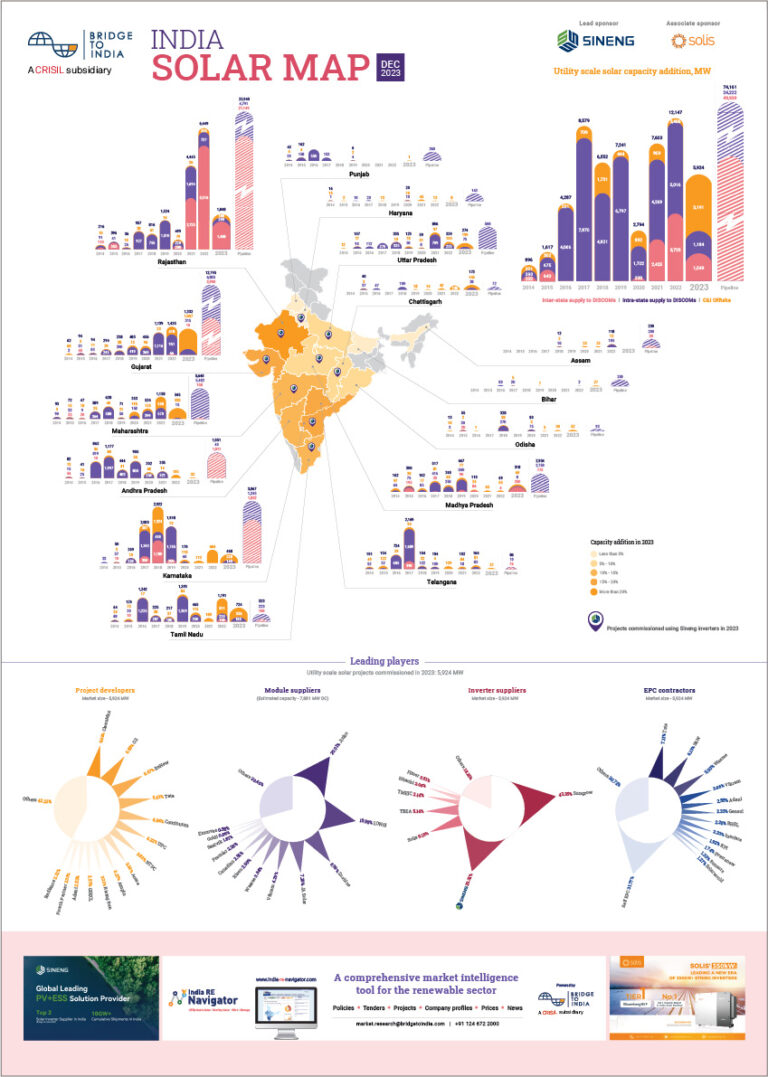The state of Uttar Pradesh is gearing up to apply blockchain technology to the energy sector. In October 2018, UPERC, the state regulator, organized a conference on creation of an eco-system using blockchain technology to explore decentralized energy trading, track RE production and facilitate payment gateways for charging EVs. More recently, the regulator has proposed to allow peer-to-peer power transactions using blockchain technology in its rooftop solar PV regulation, 2019.
Blockchain, a nascent technology most often associated with cryptocurrency, is seen as a new frontier in the energy space. It is a distributed database technology that securely maintains a growing ledger of data transactions and other information among network participants. It is expected to change the way power is traded with new business models for peer-to-peer transactions between distributed power generators and storage facilities on one hand, and EVs and power consumers on the other hand. It can potentially allow power generators to set up dynamic smart contracts in response to ongoing changes in demand-supply and other market factors, creating a dynamic pricing system. The ability to record every asset, transaction and energy flow in a way that is tamper proof, verifiable and accessible to all participants could be transformational.

Internationally, Europe is the most active region for blockchain pilots, with utilities working on EV charging, connected home and wholesale trading and settlement. One of the early successful case studies for use of blockchain technology is the Brooklyn micro-grid project in New York that creates localized energy marketplaces for transacting energy across existing grid infrastructure. In October 2018, WePower, a European blockchain-based RE trading platform in collaboration with the local transmission operator shifted all their energy trading data onto blockchain.
In the Indian context, we believe that the regulatory system needs to change very fundamentally to exploit the potential of blockchain technology. According to the Electricity Act, 2003, no person/ entity is allowed to undertake trading or distribution of power without a license. Also, the Reserve Bank of India (RBI) has barred Indian banks from serving virtual currencies and cryptocurrency exchanges which are considered as the basic transaction entity in blockchain. It is hard to see how blockchain can be adopted in the energy sector unless the regulations are relaxed. For that, we need a consensus amongst policy makers, regulators and other stakeholders on wider reform of the power sector and viable mechanisms for blockchain adoption.












